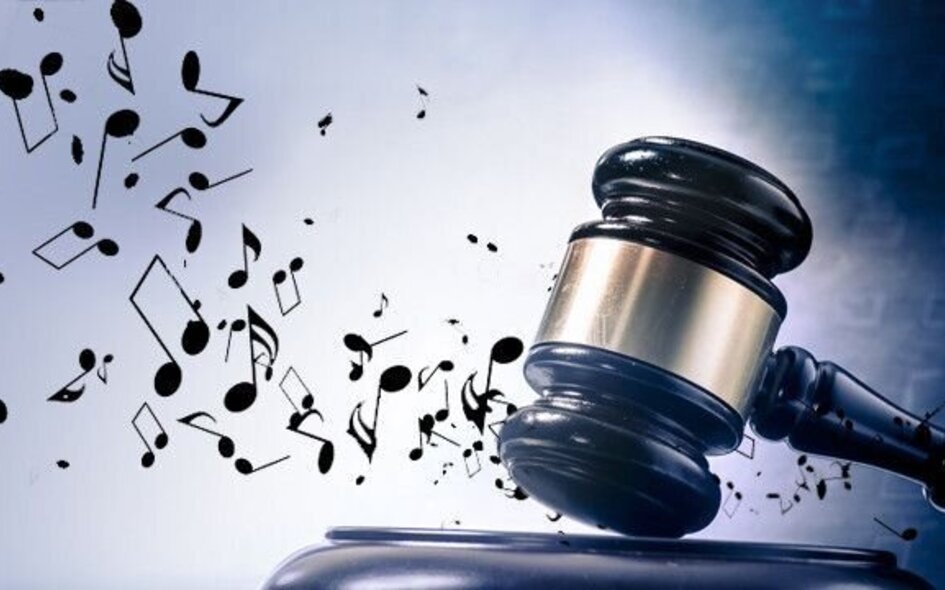What is the RAAP-PPI judgement?
14-12-2020
What is the RAAP-PPI judgement?
On 8 September 2020, the European Court of Justice (ECJ) ruled in the case Recorded Artists Actors Performers (RAAP) against Phonographic Performance Ireland (PPI). RAAP and PPI both are Irish neighboring rights organizations but each represent a different group of rights-holders: RAAP represents performers and PPI represents record producers. RAAP and PPI disagreed on remunerations for performers living outside of the European Economic Area (EEA). In its judgement the ECJ ruled that no limitations can be applied as to which rights-holders are eligible for neighboring rights remunerations. It is not allowed to exclude rights-holders of so-called third states (states not belonging to the EEA) from a single equitable remuneration. This would only be allowed if this was documented in European legislation and that is not the case at this moment.
Why is this judgement important?
Sena has to abide by the Dutch law and legislation. Based on the Neighboring Rights Act, only repertoire whose original master owner is established in a country that ratified the Treaty of Rome is protected for all forms of playing of recorded music. The United States of America has not ratified the Treaty of Rome. In the case of web- or simulcasting, repertoire of all countries having ratified the WPPT Treaty, amongst which the US, is represented by Sena.
As a consequence of the RAAP-PPI judgement, the Ministry of Justice and Safety has proposed a legislative change. This has been adopted by the House of Representatives and the Upper House. The distinction between the protection based on the Treaty of Rome, or the WPPT Treaty, will thus lapse.
What consequences might the RAAP-PPI judgement have?
The legislative change has been adopted on December 15th, 2020. As a consequence, Sena will also start collecting and distributing for, amongst others, US repertoire for all forms of playing of recorded music as soon as the new legislation is imposed (date as of yet unknown). This means that we will negotiate with paying music users to arrive at a change in tariff. If the tariff increases we strive for do not keep pace with the increase in the amount of protected repertoire, this will lead to a general decrease of the minute value.